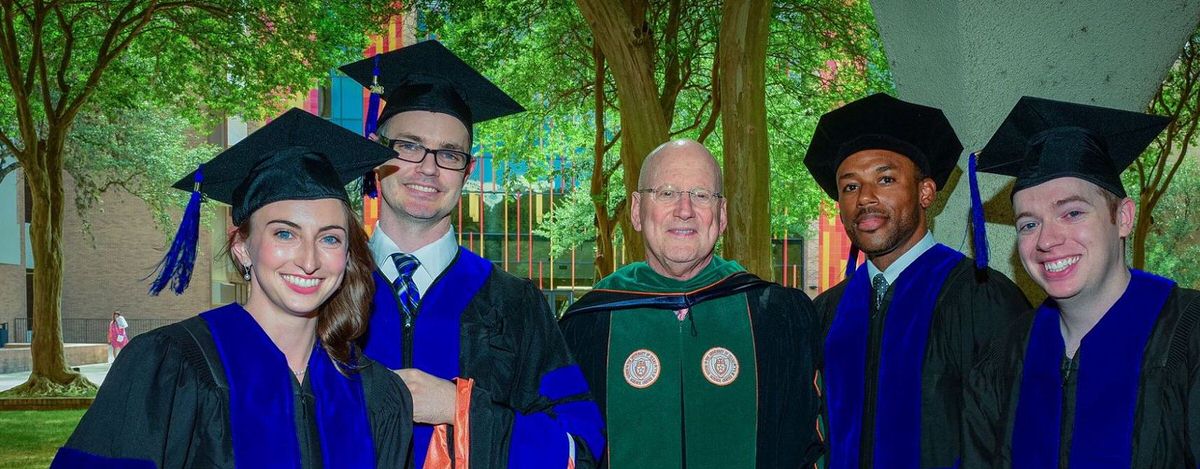

The Physiology & Pharmacology Discipline IBMS graduate will be trained to enter any specialized field of modern biomedical science in academia, industry, government, education, consulting, or medicine. After obtaining their Ph.D. degree, graduates typically obtain a position as a postdoctoral research fellow in an academic, industrial (e.g., biotech or pharmaceutical company), or government research laboratory before pursuing their first independent professional position.
Typical employment outcomes for our graduates include:
- Research intensive career outcomes
- Research and/or teaching faculty positions at a major university or medical school
- Research scientist in a biotech or pharmaceutical company
- Research scientist at a government or military research laboratory
Non-research intensive career outcomes:
- College-level teaching
- Scientific publishing
- Science policy, management and administration
- Academic administration
- Patent law
- Science journalism, and many more
By its very nature, drug discovery, and discovery of novel targets for improved therapeutic outcomes is a continually evolving field, assuring a constant supply of excellent career opportunities for students well-grounded in physiology and pharmacology. Good employment resources include “The American Society for Pharmacology and Experimental Therapeutics Career Center” and the “American Physiological Society Careers.”
Recent graduates have gone onto Postdoctoral Fellowships at:
- Harvard
- Johns Hopkins
- Yale
- Buck Institute
- Mayo Foundation for Medical Education and Research
- University of Chicago
- University of Colorado Denver
- University of Maryland
Careers paths chosen by our alumni include:
- Basic research in academia and industry
- Basic research in military medicine
- Drug development and clinical trials
- Patent law and intellectual property
- Regulatory and clinical management
- Teaching at undergraduate institutions
- Translational research as clinician scientists
- Toxicology, Medical Examiner’s Office
Full list of alumni can be found here.
Marketable Skills
The Graduate School of Biomedical Sciences is proud to partner with the Texas Higher Education Board in helping students develop and build on skills employers value and seek out in job candidates.
PhD in Integrated Biomedical Sciences:
- Management of Existing Research Data & Information
Identify, evaluate, integrate and interpret large quantities of information applicable to a given problem from multiple sources including the scientific literature and relevant databases. - Project Development & Successful Execution
Manage a research endeavor from intellectual conceptualization to successful timely completion. - Analysis & Problem-Solving
Identify and define gaps in scientific knowledge; and then gather information from across the biomedical sciences to synthesize experimental approaches for testing hypotheses designed to fill those gaps. - Professional Collaboration
Identify opportunities to collaborate with others to strengthen experimental strategies for achieving common goals. - Effective Work Habits
Work with minimum supervision toward research goals and satisfying other program requirements; develop time-management and organizational skills that allow “multi-tasking” and to meet deadlines. - Oral Communication
Present effectively, in various venues, complex research problems and solutions to audiences of varied levels of experience and expertise. - Defense of Ideas - Oral
Develop oral skills of debating ideas based on scientific facts so as to defend particular interpretations and conclusions. - Written Communication
Write clear concise descriptions of research problems, experimental design and results so as to effectively support interpretations and conclusions.